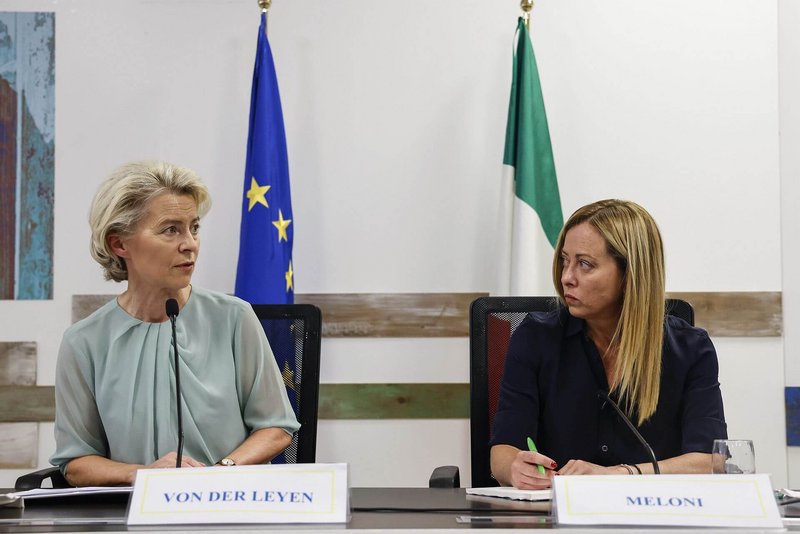The European treaties regulate the EU's relationship with the Member States and the responsibilities of EU organs. The most recent revision of the treaties was brought in by the Lisbon Treaty which came into effect in 2009. cep looks into proposed amendments to the treaties, paying particular attention to the distribution of competences, adherence to subsidiarity and proportionality and the loss of parliamentary control by way of delegated acts and implementing acts.



